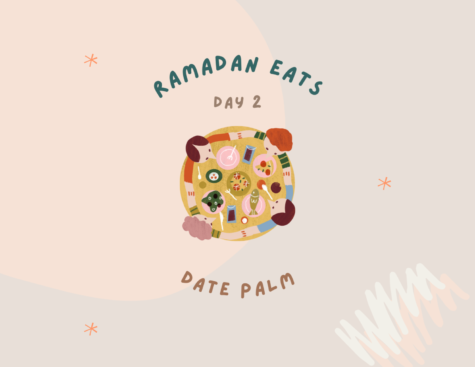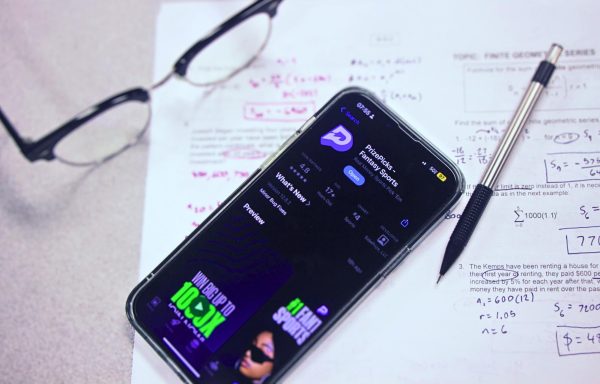Ramadan Eats: Date Palm
Sweet, tart, and durable – date palms are no ordinary fruits. And, since date palms are typically used for Muslims to break fast during Ramadan, they face no ordinary task.
During the month of Ramadan, an annual Islamic practice where adherents fast during all hours of daylight, the two meals eaten each day are sehri and iftar. While sehri is eaten directly before the dawn of each coming day, iftar is eaten in the evening, just after the sun sets.
The historical use of date palms during these meals will be explored in the second edition of Ramadan Eats.
For iftar in particular, there is a lot of ritual behind the meal. While all Muslim families have their own traditions and all predominantly-Muslim countries have their own customs, the one staple item that is found in every iftar meal is the date palm.
At the stroke of sunset each day during Ramadan, each member of the family will eat at least one date palm before any other part of their meal, even before drinking water or lemon sherbet, a specialty drink during Ramadan.
Even after centuries of observing Ramadan, the ritual of eating date palms has been properly maintained as the direct result of two factors: nutrition and location.
During the month of Ramadan, the most important feature of any meal is its nutritional value. This means that the most efficient foods used to regain the nutrients lost through fasting are prioritized.
According to WebMD, date palms are known for being nutrient-rich and have even been shown to have medicinal benefits in some instances.
In addition to their nutritional value, geographically, Muslims have historically had great accessibility to date palms as they are usually grown in the subtropical and predominantly-Muslim regions of North Africa, Southwest Asia, and South Asia.
However, it is important to note that ritual use of date palms are not limited to these regions.
As Muslims immigrated to new areas, they diffused parts of their culture along with them.
Grocery stores such as Indo-Pak Super Market, located on FM 1960, help to preserve traditional Islamic foods so that Muslims can access the foods that remind them of the familiar rituals brought with Ramadan.
Now, date palms and many other Islamic traditional foods can be found in local Houstonian Krogers or HEBs, greatly increasing the accessibility to both nutrition and tradition for all.







